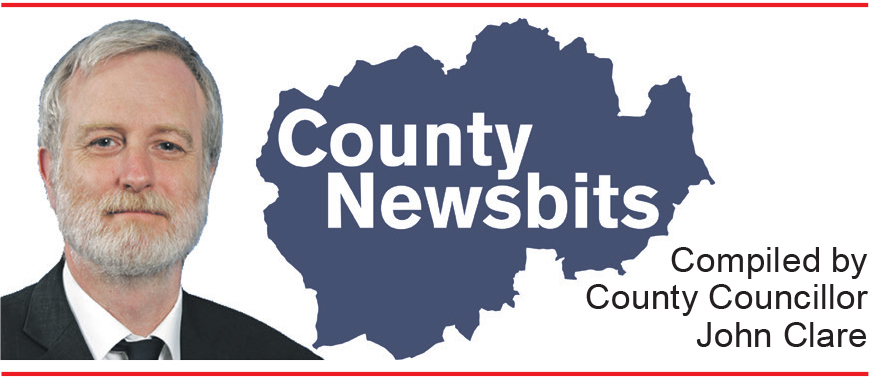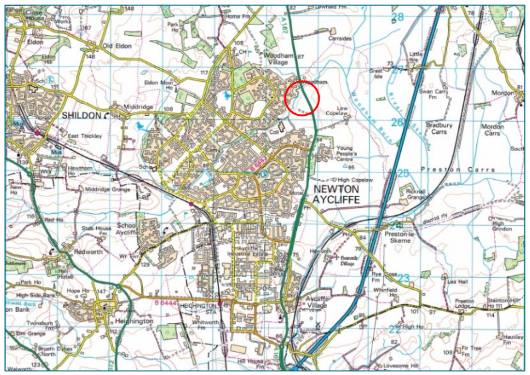Small businesses across County Durham are to receive free training to help address skills gaps as part of a £6m Government initiative. The two year programme aims to future proof supply chain companies by providing consultancy support to identify key needs including strategic planning and upskilling, then delivering mentoring and flexible training.
The £345,000 project follows a successful bid by a consortium led by Bishop Auckland College to the Higher Education Funding Council for England’s (HEFCE) Catalyst fund.
The college highlighted historic issues holding back the SMEs and micro businesses which dominate the county’s industrial base, including extensive technical skills gaps and low productivity. Many smaller manufacturing firms have still not embraced the principles of lean manufacturing, whilst larger competitors are now moving towards the next phase of digitisation of manufacturing.
But the bid also recognised the issues of cost and time that are often quoted by SMEs as perceived barriers to training employees, with inflexible providers not prepared to work around business demands and shift patterns.
The new programme will therefore offer firms flexible, tailored, bite-sized provision that addresses immediate higher level skills gaps identified during organisational and training needs assessments.
The units will be at Level 3, 4 and 5 and include leadership and management, business improvement techniques, engineering and manufacturing engineering.
Experienced managers and technical specialists from large companies will help college staff deliver training sessions, mentoring and support to the participating SMEs, transferring knowledge and building expertise throughout supply chains.
Natalie Davison-Terranova, Principal and Chief Executive of Bishop Auckland College, said: “We have many skilled and entrepreneurial small businesses in County Durham.
“However some SMEs can be at a disadvantage compared to larger businesses when it comes to staff development because of the cost involved and inflexibility of colleges and training providers to work around their business demands and shift patterns.
“This programme aims to address the higher level skills needs of these small businesses across the county to ensure they can compete against larger competitors and grow their businesses by offering them free training needs assessments and flexible, tailored, bite-sized provision.”
Targets for the programme include conducting 100 needs analyses by the end of July this year, with 50 employees enrolled on HNC and HND short courses in September, and the development of strategic plans for 75 firms looking at succession planning and upskilling.
Longer term aims include building a culture of engagement in higher level skills training among SMEs, who will have seen the immediate business benefits of the scheme. Ultimately it is hoped to generate higher skill levels, improved productivity and business growth, meaning more employment opportunities, better paid jobs and improved standards of living.
The college was one of 34 to secure funding, receiving £200,000 from HEFCE. Match funding came from the college and its subsidiary South West Durham Training, and bid partners County Durham Engineering and Manufacturing Network, South Durham Enterprise Agency and Aycliffe Business Park Community Ltd.
Free training is open to SMEs in all sectors. Contact Senior Business Advisor Julie Cook at julie.cook@bacoll.ac.uk or on (01388) 825837.
Bishop Auckland College Helps County’s Skill Gap










